Gallery
Photos from events, contest for the best costume, videos from master classes.
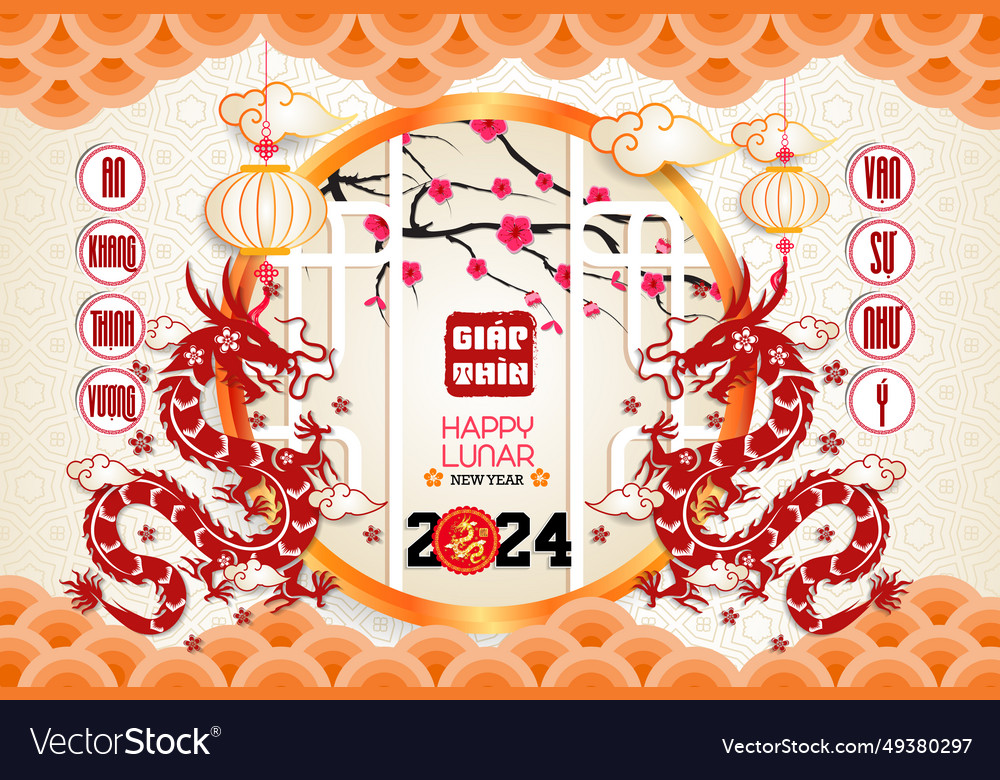 | 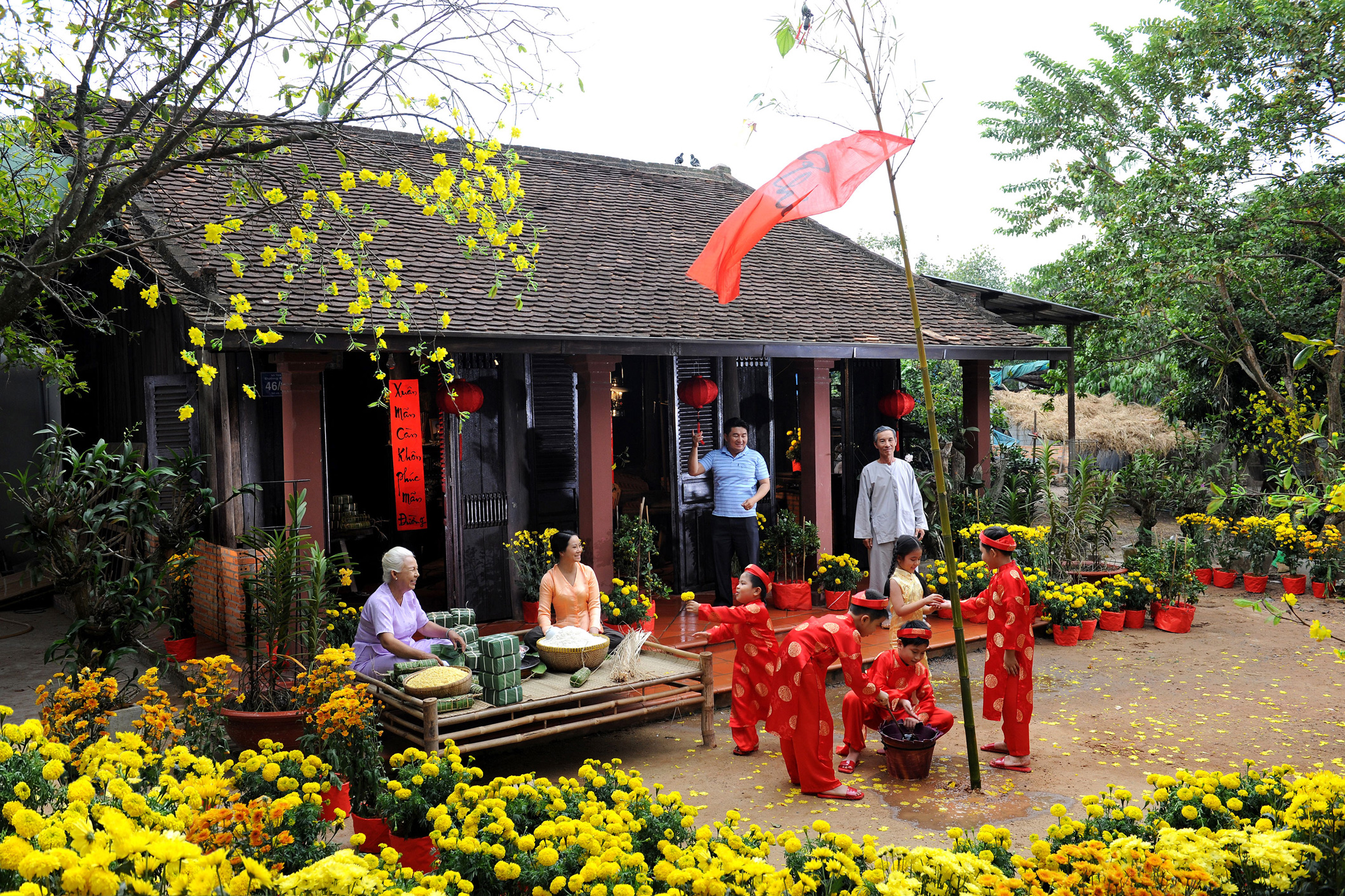 |
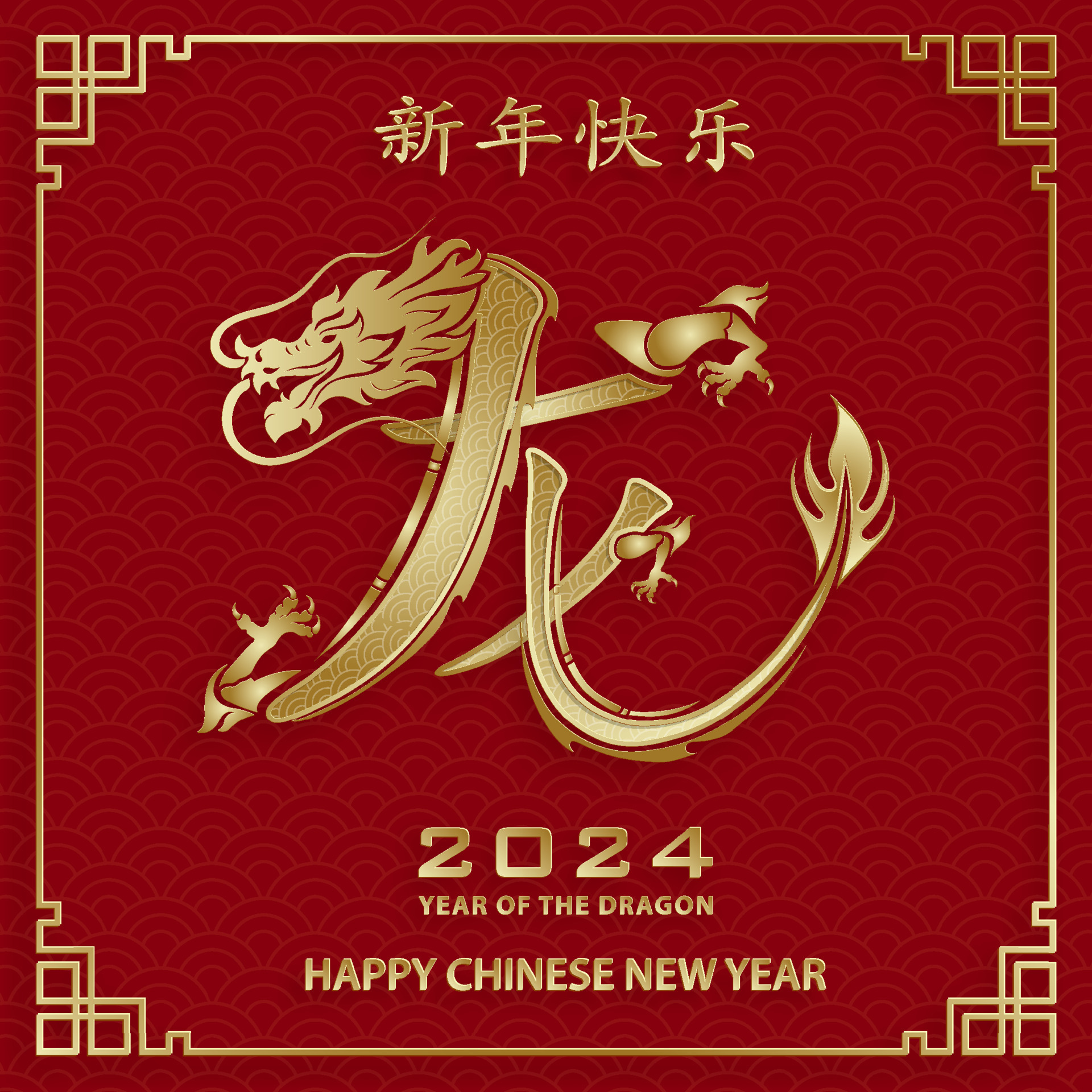 |  |
 |  |
 | 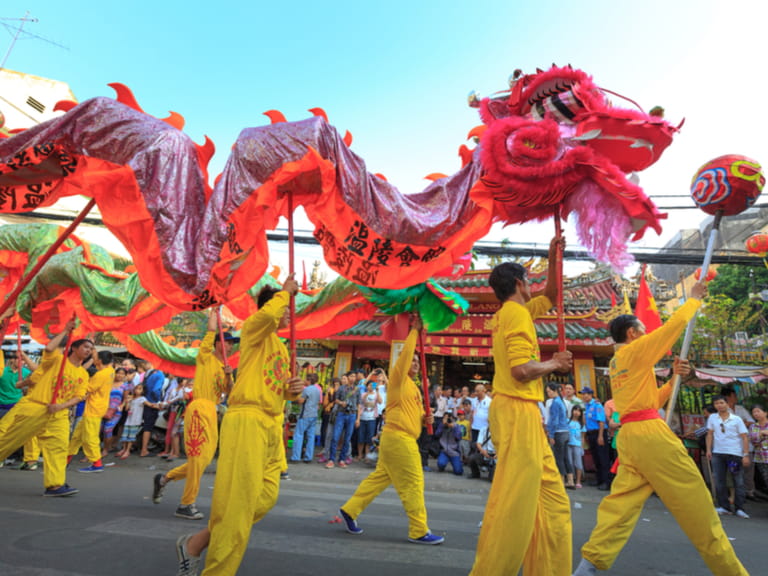 |
 |  |
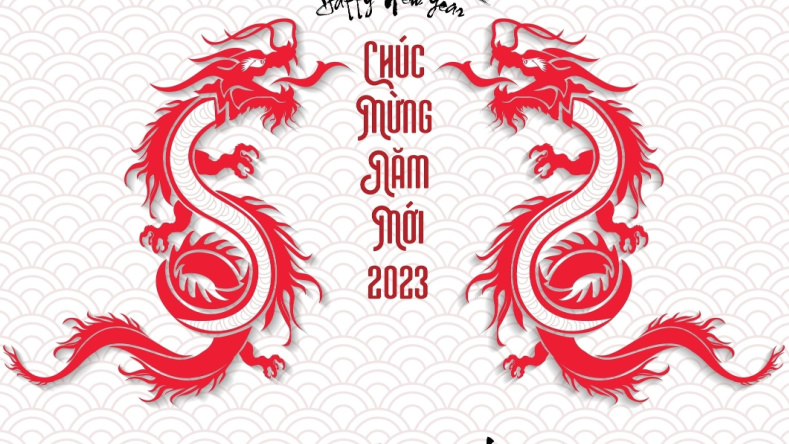 | 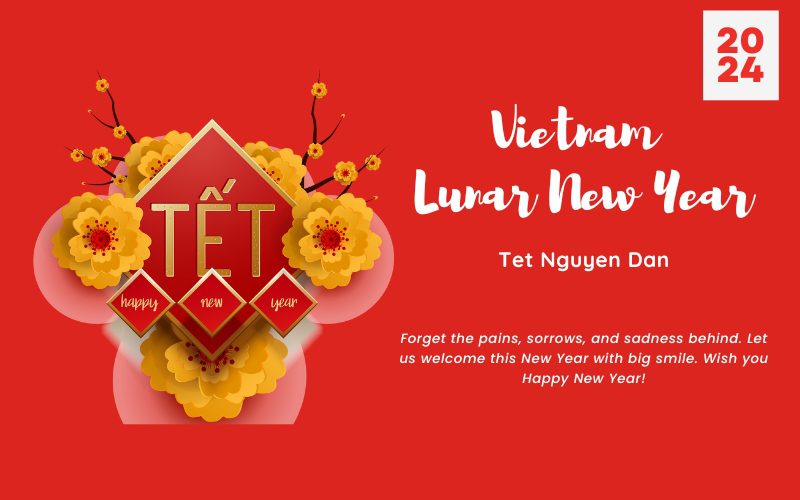 |
The Lunar Year holiday was originally brought to Vietnam by the Chinese, who had formally incorporated Vietnam into their Han Dynasty empire in 111 BCE and mostly had ruled it for over 1000 years until the collapse of the Tang Dynasty in the 10th century. That historic period of Chinese rule had significantly influenced Vietnamese culture Lunar New Year or Tết Nguyên Đán, is Vietnam’s most significant celebration. Across Vietnam, during this time families reunite and honour their ancestors, while praying for luck, prosperity and health in the new year. The public holiday may only run for one week, but in reality, Tết celebrations last much longer. While similar to the Chinese Lunar New Year, Tết has distinct traditions and cultural significance unique to Vietnam. The holiday’s origins date back to the 18th century B.C., influenced by Chinese culture, though it has evolved over centuries to reflect Vietnam’s unique customs. The Vietnamese Lunar New Year Tet (Tết) is one of the most important traditional holidays in Vietnamese culture. Similar to the Chinese New Year, Vietnam celebrates the new year according to the lunar calendar. In this article, we'll discuss Tet's history, traditions, methods of celebration, and cultural significance in detail. Americans might recall the 1968 Tet Offensive during the Vietnam War. Tet Nguyen Dan, shortened to Tet, is Vietnam's Lunar New Year and is the most important annual celebration and public holiday in Vietnam spanning 5-7 days. Tet celebrates the beginning of a new year as well the coming of spring. Exuberant festivities are held — traditional Originally, the holiday marks the first full moon of the new lunar year and the end of the Chinese New Year. In some other Asian countries such as Thailand or Laos, the festival is celebrated around late October or early November to mark the end of the Buddhist Lent & the beginning of the festive season. 4. Vietnamese New Year Is Different from Chinese New Year. 5. Vietnamese New Year Is Celebrated Either in January or February. 6. Tet Celebrations Last Much Longer than the 7-Day Public Holiday. 7. Honoring Ong Tao Marks the Beginning of Vietnamese Lunar New Year. 8. Preparation for Lunar New Year Begins Weeks in Advance. 9. Families engage in thorough house cleaning to dispel any lingering misfortune from the old year. Visits to ancestral graves. Vietnamese families often visit their ancestors’ tombs and clean grave sites whenever the Lunar New Year (Tet) comes, normally from the 23rd of the last month of a lunar year to New Year’s Eve. Lunar New Year 2025 Calendar The origin of Tet. In fact, there is no definite document showing the real origin of Tet Nguyen Dan. Some opinions say that Lunar New Year originates from China while other studies show that it has existed since the beginning of the first century AD in Vietnam and in the legend story of "Banh Chung, Banh Day" from the time of the Hung kings before 1000-year Chinese The Vietnamese New Year was first celebrated by the Chinese in Vietnam over 2000 years ago. At that time, Vietnam was part of Ancient China and so the Chinese New Year transcended generations to become the Vietnamese New Year. The Tet festival was originally a three-day celebration, but it has gradually expanded to last up to two weeks. Tết Nguyên Đán or the Vietnamese Lunar New Year celebrates the arrival of spring and marks the beginning of a new year according to the Vietnamese lunar calendar. During Tết, Vietnamese families honor their ancestors, exchange gifts, and enjoy special foods as they look forward to a year of prosperity and good fortune. Yet, there may be differences due to time zone offsets. For example, the Chinese Lunar New Year will be 1 hour or 1 day later than the Vietnamese Lunar New Year. Interestingly, the Vietnamese usually start Tet preparations two weeks or even a month before, creating a buzzing atmosphere at the spring entrance. Its roots can be traced back to the Chinese, who introduced this Lunar New Year holiday to Vietnam. The Chinese Lunar New Year has been celebrated in China for over 2,000 years. It is believed that the Chinese brought this holiday to Vietnam around 40 A.D. Many of the traditions of the Chinese New Year were also incorporated into Tết Nguyên In a word, no. Tet is lunar new year, or you might know it as Chinese New Year. It occurs on a different day every year, since it marks the night of the first new moon of the year, sometime between January 21st and February 20th. If you’re planning a trip to Vietnam during Tet, read on to find out why this is not a good idea. Bánh Tổ (Nian Gao/Chinese New Year Sweet Rice Cake) Nian Gao (年糕) is the traditional New Year sweet rice cake of Chinese people, made from sticky rice flour, ginger, and brown sugar. In Vietnam, it’s known as Bánh Tổ (Ancestor Cake). Bánh Tổ is quite popular among Vietnamese Chinese in the South. Surprisingly, it’s also a Tet Tet By Year Tet 2021: Snapshots From Around The Country. 2021 probably goes down in history as one of the most different Tet in Vietnam. Take a look at snapshots from all over the country. Vietnamese New Year: National Holiday: Jan 30: Vietnamese New Year's Eve Lunar New Year is the first day of the Chinese calendar, which is a lunisolar calendar The Lunar New Year 2025, also known as Chinese New Year or the Spring Festival, starts on January 29, aligning with the first New Moon of the lunisolar calendar. This widely celebrated event welcomes the Year of the Snake, the sixth sign in the Chinese zodiac, symbolizing wisdom, transformation, and intuition. Chinese zodiac: Year of the Snake 2025 The Vietnamese people celebrate Tet with deep reverence, and the exchange of well wishes is one of the most cherished traditions. Here are some common Vietnamese New Year greetings, each reflecting the cultural significance of Vietnamese New Year wishes. Eplore 50+ ways to say “Happy New Year in Vietnamese” Wishes for Health
Articles and news, personal stories, interviews with experts.
Photos from events, contest for the best costume, videos from master classes.
 |  |
 |  |
 |  |
 |  |
 |  |
 |  |